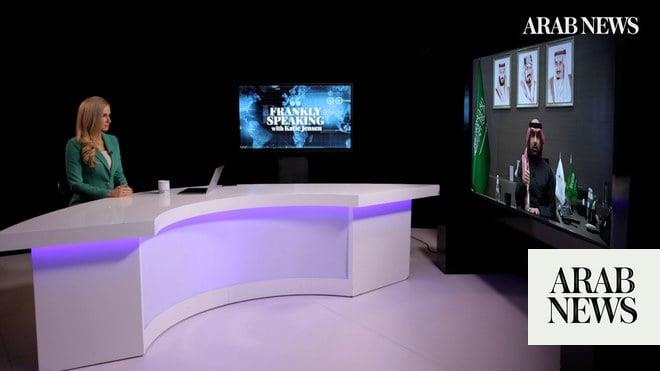
"We will increase the share of public transport in the city from 5 percent to 20 percent."
RIYADH: As part of the Riyadh Sustainability Strategy, the government is working to ensure that 30 percent of all vehicles in the capital city will powered by electricity by 2030, said Fahd Al-Rasheed.
The CEO of the Royal Commission for Riyadh City said the sustainable strategy is a $92 billion program to ensure a sustainable future for the city.
Speaking at a session at the Saudi Green Initiative Forum on Saturday, Al-Rasheed said: “We must be a global steward of environmental preservation and a global economic powerhouse driven by resource conservation.”
Highlighting the Kingdom’s green economy plan, he said the private sector has a key role to play in achieving these goals. “It will create 360,000 green jobs and envisage $40 billion investment by the private sector.”
He said more than 50 percent of this (private sector) investment has been already committed. “This very ambitious vision was transformed or translated into a full sustainability strategy with 68 initiatives focused on climate, action, energy production and efficiency, air quality, water management, waste management, biodiversity, and ecological preservation,” Al-Rasheed added.
He said the plan seeks to reduce emissions and increase the share of renewables (energy) to 50 percent by 2030.
The CEO of the Royal Commission for Riyadh City said: “We will increase the share of public transport in the city from 5 percent to 20 percent.”
The plan also aims to improve waste management in the city by ensuring that “100% of our waste is used, recycled, recovered, and of course reused.”
Al-Rasheed said we are taking steps for water conservation. He said by 2030 carbon emissions in Riyadh will drop by 50 percent by 2030 making it one of most livable cities of the world. “We also aim to plant 15 million trees in Riyadh.”
The $8 billion project will increase the per capita share of green space from 1.7 to 28 square meters and “deliver more than 3,300 neighborhood parks and 43 city parks, all irrigated, of course with treated water.”
He said the strategy also seeks to protect and promote biodiversity. “More than 200 species, many of them endangered today, will be protected under these plans,” Al-Rasheed said.












